One of the fun parts of becoming an anime fan is opening yourself to a completely new language, which naturally brings a world of new concepts. I studied Japanese at SDSU and assisted my studies by watching anime and reading manga, as well as transcribing and translating my favorite songs so I could sing them at karaoke. I thought it’d be interesting to ask J-List’s followers what their first words of Japanese were, and here’s the list we came up with!
https://twitter.com/JListPeter/status/1195164508034961409
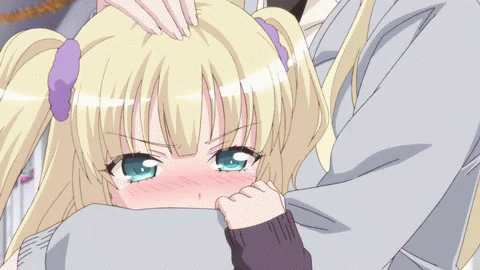
Kawaii. Yes, the Japanese word for “cute.” It’s actually very old, and shows up in The Tale of Genji, often considered the first true novel, written 1000 years ago. In kanji it’s 可愛い.
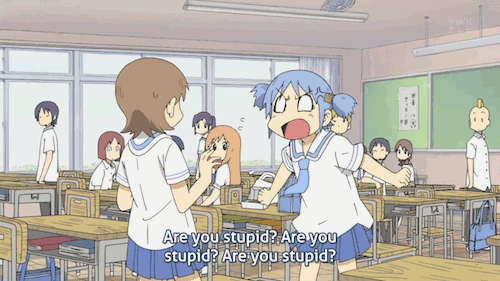
Baka. Japan is different from English in that there aren’t a lot of highly anatomically descriptive insults to use on people. One of the most common ones is 馬鹿 baka, written with the character for “horse” and “deer.” Supposedly the word is based on some legend about a king who couldn’t tell the two animals apart. The Osaka version of the word is aho.
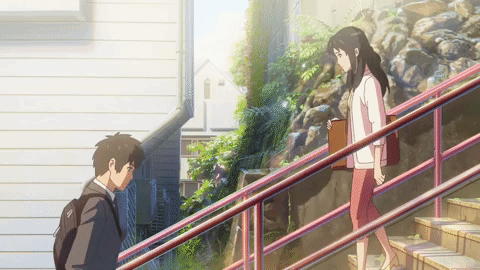
Kokoro. A word that takes a little time to fully understand, 心 kokoro represents the metaphysical aspects of one’s heart. When people switch bodies, their kokoro are said to have switched.
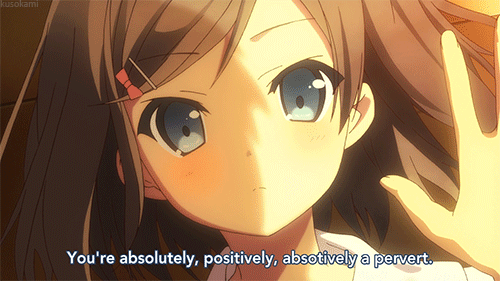
Hentai. Originally meaning “metamorphosis” (as in, moving from a caterpillar to a chrysalis to a butterfly), 変態 hentai also acquired the meaning of sexual perversion and (outside of Japan) 2D sexual imagery in anime or manga form. Its first use in the sexual context was in a translation of the legendary book Psychopathia Sexualis from 1886.
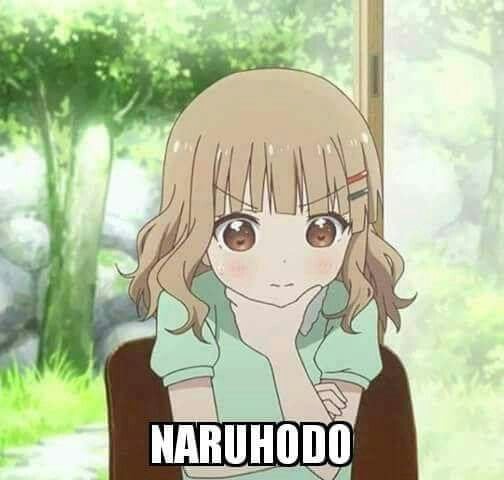
Naruhodo. It means “I see” or “that’s a good point.”
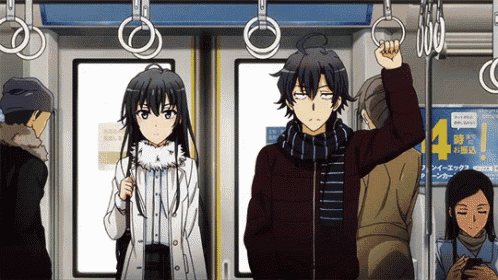
Yappari/yahari. They mean “as expected” or “I knew it.”
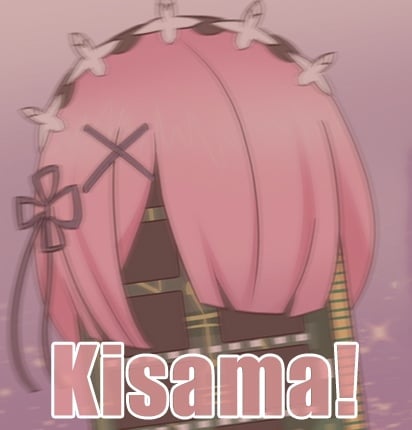
Kisama and Temee. Two words that basically mean “you” but in the rudest way possible, they’re staples of manly anime like Fist of the North Star or Jojo. Do NOT ever use them with Japanese people.
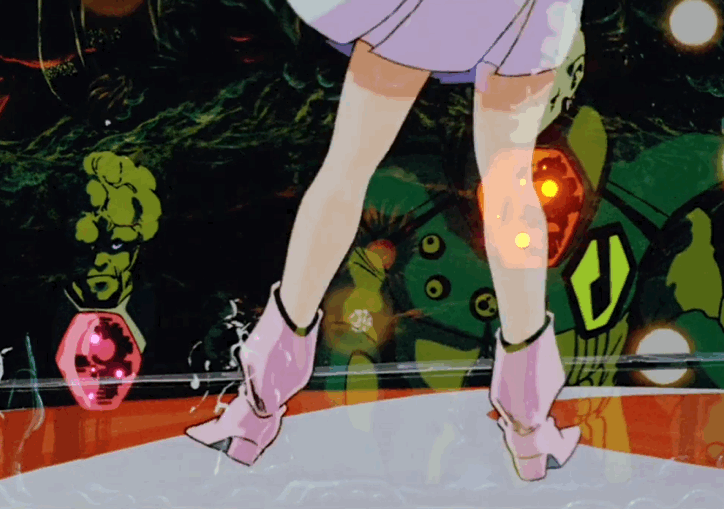
Kakka or Ware-Ware. Two words I learned as an old-school fan. 閣下 kakka means “your excellency” and 我々ware-ware is a formal way to say “we.”
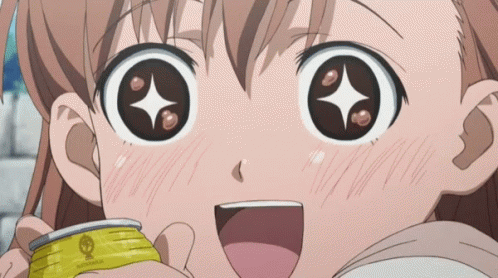
Sugoi. It means “amazing” or “incredible.”
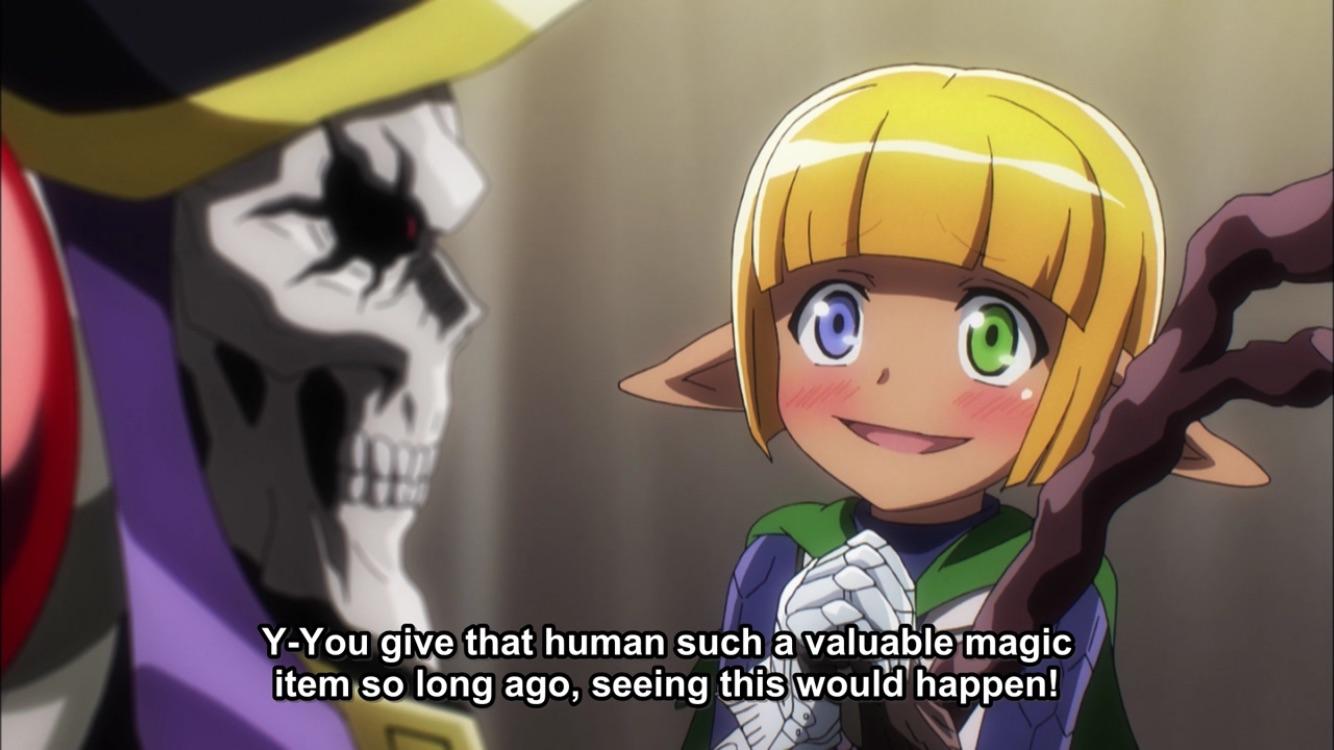
Sasuga. This one is kind of hard to translate. 流石 sasuga basically means “wonderful, as usual” or “great, as may be expected” and is used to praise someone for living up to our expectations. Written with characters that mean “flow” and “stone,” it was coined by writer Natsume Souseki based on a Chinese poetic word.
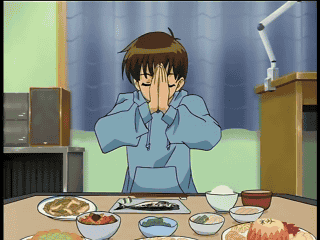
Itadakimasu. It’s the honorific version of “to receive.” You’re basically thanking the person who made the meal for you, or thanking the animal that died so you could eat it, depending on how Buddhist you want to get.
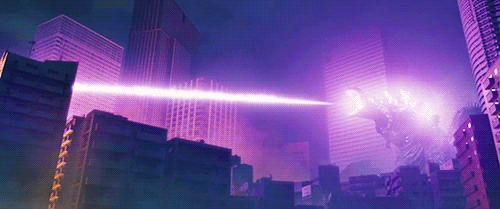
Hassha. All Godzilla fans know 発射, which means “fire!” or “launch!”
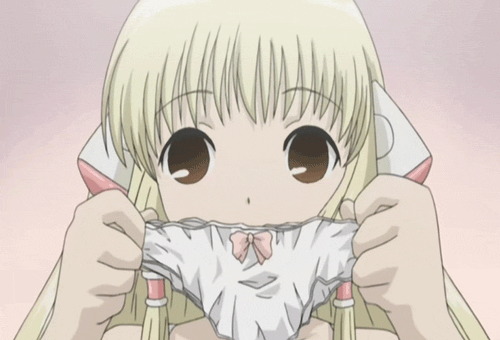
Pantsu. The Japanese pronunciation of the British word for undergarments, it made its way into English thanks to episode 4 of Chobits.
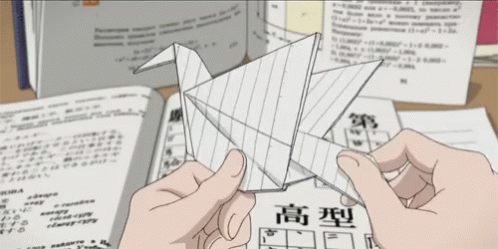
Origami. The first word of Japanese I remember learning, other than domo arigato, Mr. Roboto from the famous Styx song (which I thought was Italian for the longest time) was origami. I had a book called Flying Origami in the third grade, and I remember puzzling over this bizarre word, wondering how it might be pronounced.
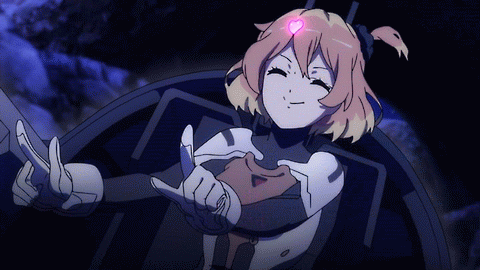
Genki. The first Japanese phrase I learned was o-genki desu ka? which means “how are you?” or more accurately, “are you well today?” 元気 genki has many potential meanings, including to be young and full of energy, to be healthy, to be vigorous, and for males, being in an aroused state.
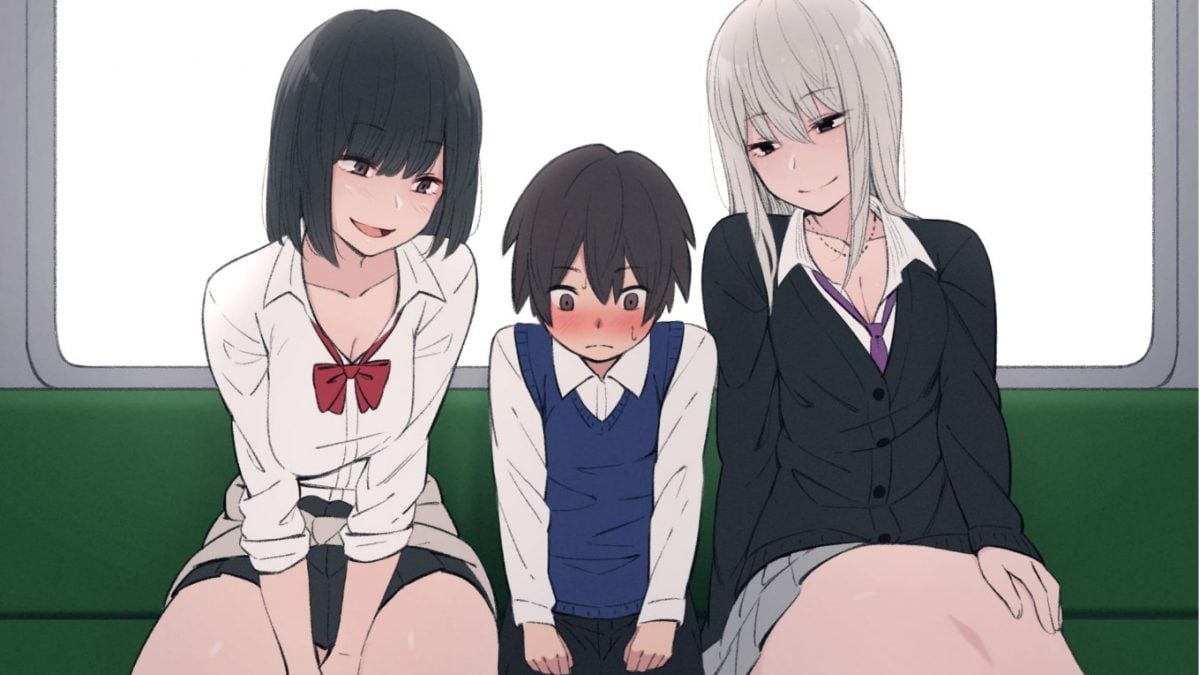
Ara ara. It just means “oh my” and is associated with older women coupling with younger boys. A 4chan meme from /a/, this is an example of an anime meme that would be generally unknown in Japan.
Speaking of ara ara, we’ve gotten in a new sexy tapestry by one of our favorite artists, Urasuji Samurai, which will make you very genki when you hang it on your wall. See the new tapestry here!















